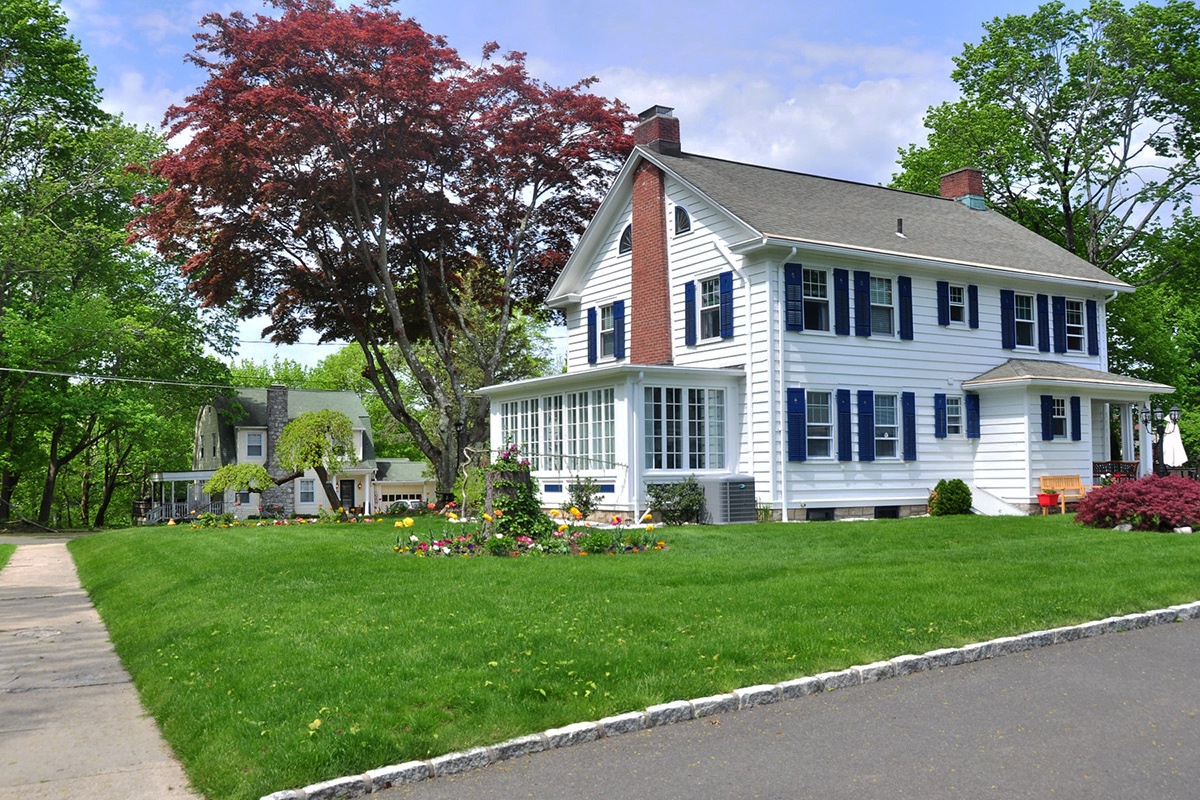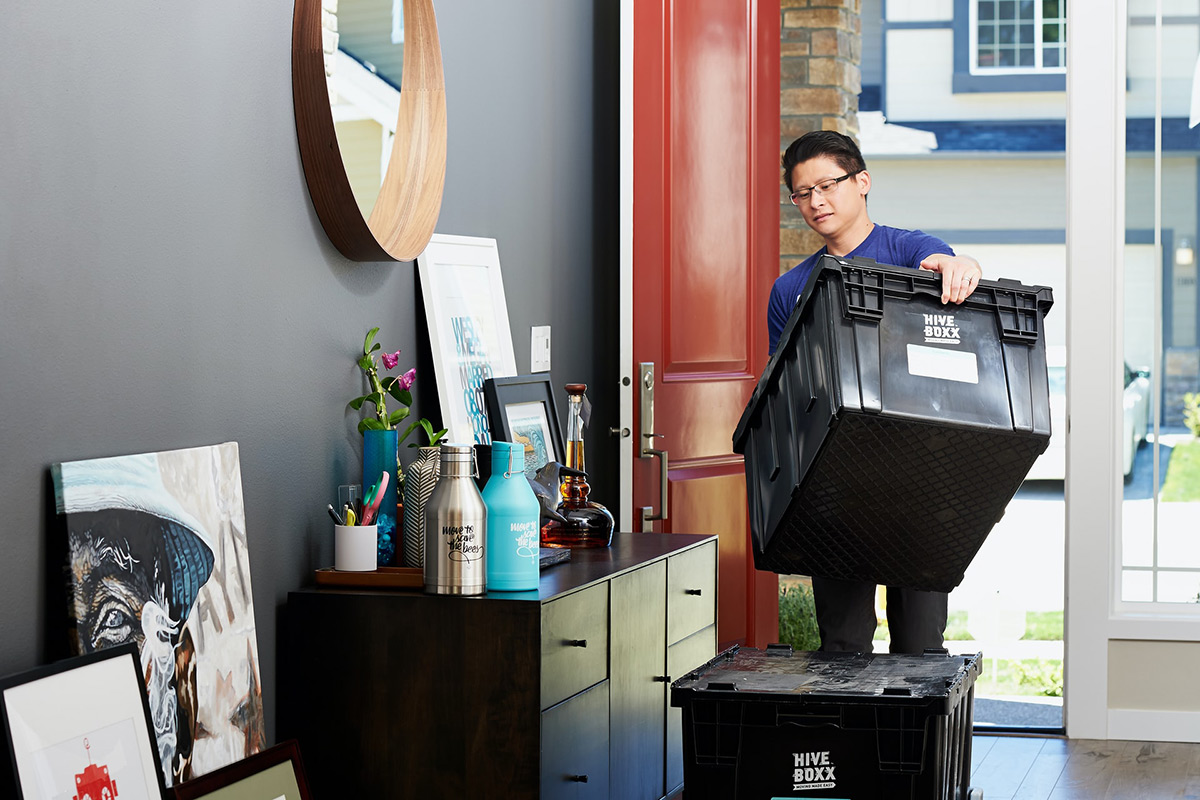Guy Stuff
10 Things That Will Save You Money When You Move Into Your New Home
No matter how much you save and budget, buying a house will always end up costing you more than expected. The initial cost of buying your house can come with a number of unexpected expenses, and there will be a lot of spending to do once you move into your property.
Those first months and even years can be tight as you get used to running your home, buying furniture and decorating. But there are some things you can do to ease some of the pressure.
Here are 10 things that will save you money when you move into your new home:
1. Create a budget
When you move into a new home, you’ll need to quickly establish what your outgoings are. Creating a monthly household budget will help you capture everything that needs to be captured so that you can make sure all of your expenses are covered. Your budget should also include some savings and money put aside to cover any improvements you wish to carry out.
A close look at your finances will help you make some necessary cuts, but it will also help keep your expenses to the essentials so that you can save money overall.
2. Give everything a thorough cleaning
There are a lot of good reasons why you should give your home a thorough cleaning when you move in. It will help you put your home in a good condition from the beginning, which will make it easier to maintain.
But another reason to give your home a deep clean on moving in is so that you can really get to know your home and get up close and personal with it. This will help you inspect any weak spots, signs of mold or other problems that could cost you money in the future. Get to know every inch of your home – you’d hate to be met with a surprise you didn’t know about.
3. Take out a home warranty
You never know what issues your new home could be hiding. You could have problems with appliances, your plumbing and more that will cost you money to get fixed. A home warranty is a worthwhile investment to help you cover these costs if needed, making it much more affordable for your home. While there are some repairs and maintenance fees you’ll be expecting to pay after moving in, it’s the surprise ones that can have the biggest impact on your finances. A home warranty can help ease that burden and help you feel more secure.
4. Get accurate, comprehensive insurance
Getting the right home insurance is another essential for your home. If you don’t get adequate home insurance, you could be left severely out of pocket if your home encounters damage or your home is burgled. Buying the right homeowners’ insurance can make sure your home has comprehensive coverage against a range of situations.
Compare quotes to help you find a cost you can afford that gives you coverage that you’re happy with.
5. Don’t rush to do some drastic decorating
When you move into a new home, it’s tempting to put your own stamp on it straight away. But making rash decisions about decorating and home improvements could leave you with regrets in a few months’ time, leaving you shelling out even more money to make changes.
Take time to think about what you want to happen in each room. From paint choices to new flooring, take time to get a feel of each space and what it’s going to be used for before you decide to change it. If you’re in a rush to get rid of some bad wallpaper or an unwanted shade on the walls, starting with a neutral color could be the way forward.
Create mood boards and use visualization tools to help you create the look for each room. In time, you’ll be able to plan more detailed works, and think of ways you can add more luxury to your home.
6. Save yourself some money on furniture
It can cost more money than you realize to furnish your home. The more rooms you have, the more expensive it’s going to be. If you can’t afford it, don’t rush out to buy the most expensive furniture out there. Furniture is something you can save for over time, and in the meantime, there are ways to save yourself money on furniture.
Some key tips for slashing the cost of furniture include:
- Buy from thrift stores to find ‘as new’ pieces at a fraction of the cost of brand-new.
- Look for upcycling projects that will give your furniture a unique look.
- Stores like IKEA are great for buying quality furniture if you don’t mind a little self-assembly.
- Work with your existing furniture to get it back to its former glory – upholstering is a great way to give older furniture a new lease of life.
- Shop the sales and look for interest-free payment periods.
In time, you’ll find a lot of clever ways of saving money on furniture to get your home exactly how you want it.
7. Don’t attempt major maintenance yourself
Maintenance costs can vary, but unfortunately, they’re a price you have to pay. Many people can save money on home improvements such as painting and minor DIY jobs by doing it themselves – they can even be fun! But for those major works, such as electrical or plumbing, they’re best left to trained professionals.
Attempting DIY maintenance jobs yourself, even with the help of YouTube, could lead to accidents or cause significant damage if things go wrong. Play it safe and bring in the professionals – it could save you money in the long run.
8. Implement smart home features
Moving into your home is like moving into a blank canvas. You’ve got the opportunity to bring in systems from the beginning that can make your life easier, and even save you money. Making your home a smart home is one of the easiest ways of saving money, while also helping you benefit from automation and lots of other exciting features. The good news is that it’s possible to make your home smarter without spending too much money, giving you a solid foundation for a smarter home.
Smart home functions allow you to control your lighting, heating and cooling systems, TV and entertainment systems and much, much more. This can help you save on your running costs, while also making it easier to manage your home.
9. Secure your home
It’s important to take steps to secure your home. Leaving your home open to thieves could cost you a lot of money if your valuables are stolen. Making sure all of your locks work is important, and you may wish to change your locks after you’ve got the keys.
You should also consider investing in a home security system, which is much more affordable than it used to be. This can give you peace of mind that your home is kept secure at all hours of the day and night.
10. Keep your running costs down
Establishing good habits from the outset can help you keep your home’s running costs low. From being less wasteful with food to keeping your energy costs down, there are different ways you can save money to help reduce your monthly spending.
Moving into a new home is exciting, but it can also be overwhelming. By having a plan for your finances from the outset, you can get to grips with running your new home. Reducing your expenses will free up money for home improvements and furniture, allowing you to make your new home feel like your own.


















Recent Comments